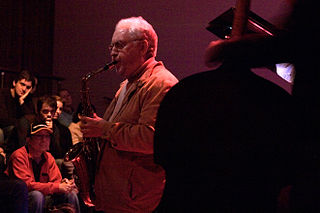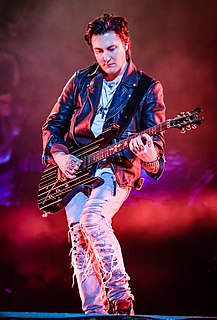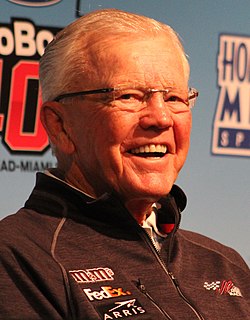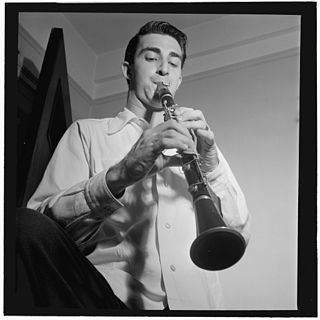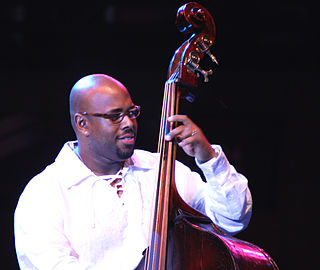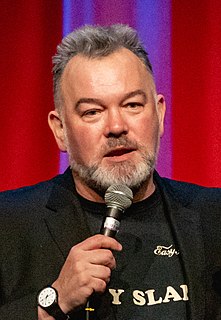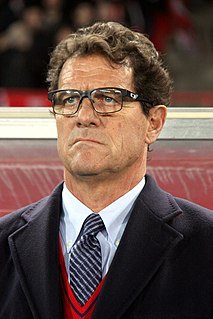A Quote by Lee Konitz
Most jazz players work out their solos, at least to the extent that they have a very specific vocabulary.
Related Quotes
Once you have a plan, you must sell it to the players. It is not enough to put it on the blackboard and say, 'Okay, here it is.' You have to convince the players that the plan is a good one and show them, in specific ways, why it will work. If you do, you send them out to the practice field with more confidence.
The language of the culture also reflects the stories of the culture. One word or simple phrasal labels often describe the story adequately enough in what we have termed culturally common stories. To some extent, the stories of a culture are observable by inspecting the vocabulary of that culture. Often entire stories are embodied in one very culture-specific word. The story words unique to a culture reveal cultural differences.
When I started music, I started out in Puerto Rico with classical music. But what really made me want to be a musician was jazz, and because I didn't grow up with jazz, I had to learn it from a very basic level. I had to go into the history and learn everything about the development of the music, all the players and all that stuff.
?ertainly to the extent that we talk about not just procurement in the sense of acquiring goods from the rest of the economy, even to the extent that it is possible to bring Black players in areas where we say we need to raise the capacity of these organisations to deliver services, it is a very important part.
